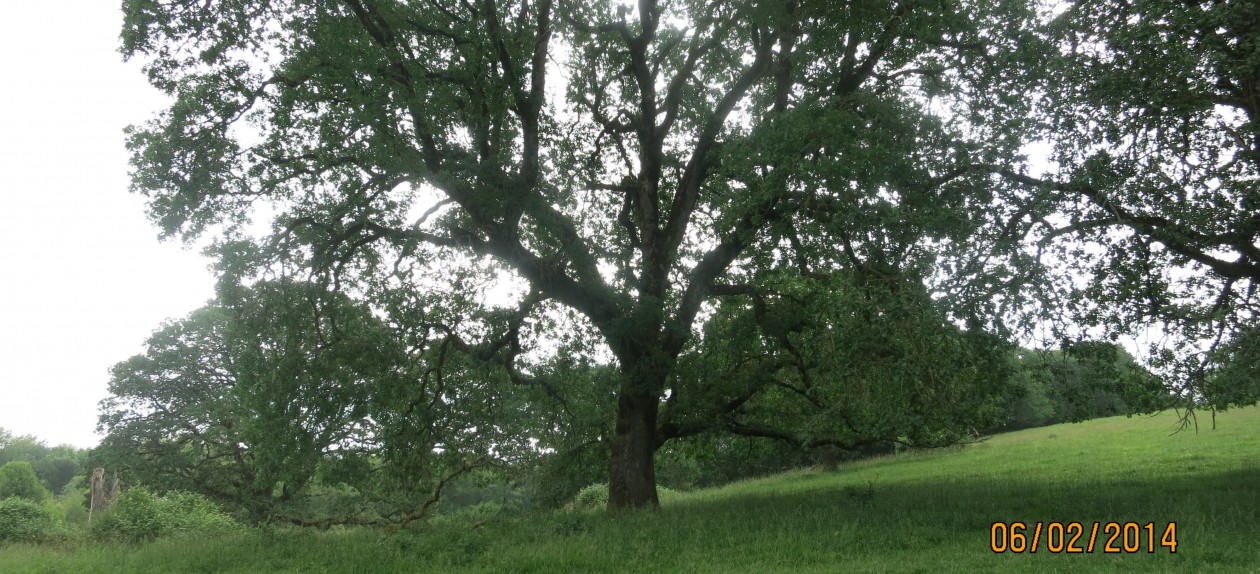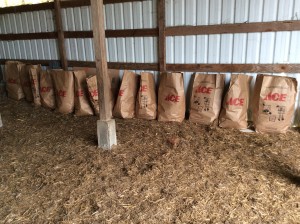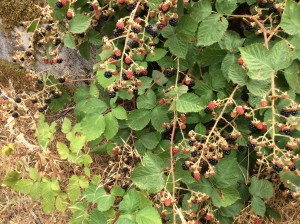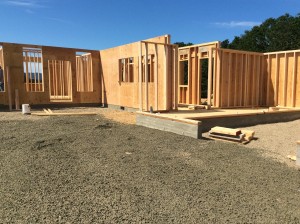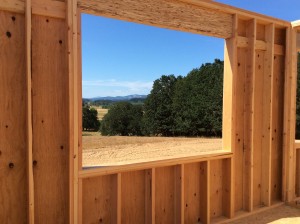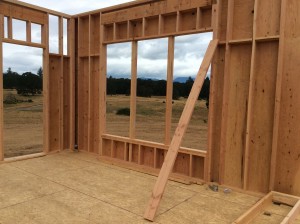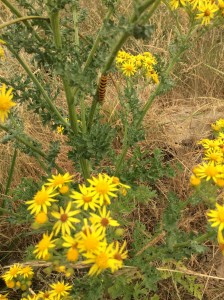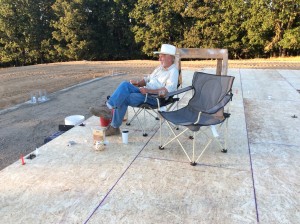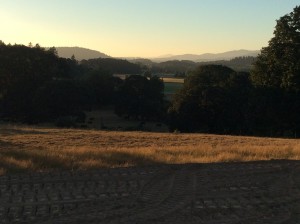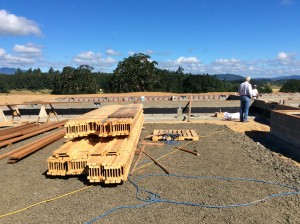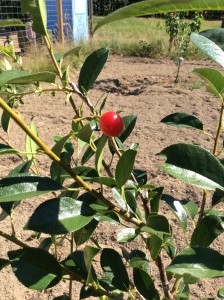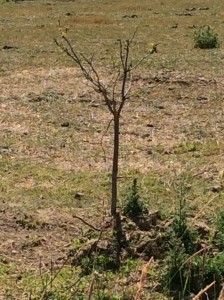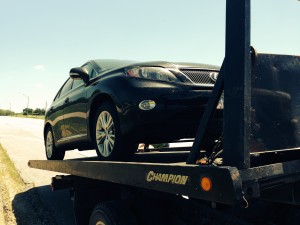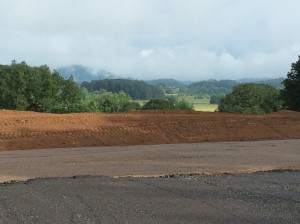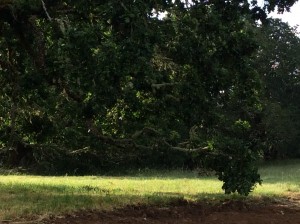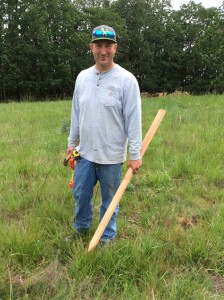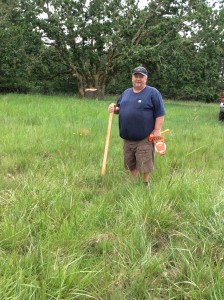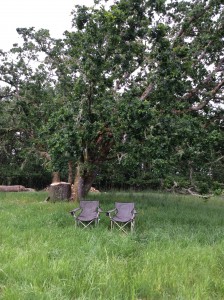Thirteen bags full, and counting. We keep the tansy harvest in our so-called barn, in these bags, waiting for the rainy season when we can burn. Today may be the last day we can make a difference, as many of the plants have already sent their offspring off on the wind. Too late to spray this year, says Jason (anyone named Jason cannot be older than 34, and this Jason certainly isn’t), our Spray-Guy. Too late for thistles, too, he tells us, but we’re on his calendar for the blackberries in September.
Couple of days ago I got a letter from a disgruntled, occasional, reader of my blog, disappointed in the amount of time we spend on the conservation aspect of our big adventure. My mom used to say that critics line up at the dishpan, and in that spirit, I invite those of you who think we’re slacking, conservation-wise, to get a good pair of gloves, some sturdy boots, and a lopper and come on over to join us in the tansy fields. Thistles come next, by the way.
But maybe it’s fair. I haven’t been writing in any comprehensive way about our habitat and conservation plan. So, a little summary from the document drawn up by Steve Smith, wildlife biologist, developed in cooperation with NRCA and U.S. Fish and Wildlife Service. I quote:
“Significant natural features of the property are an upland Oregon white oak savanna, a white oak woodland, wetland prairie and riparian forest associated with the Muddy Creek floodplain. The oak trees associated with the savanna can be considered old growth and many may be in excess of 300 years old.
“Riparian vegetation associated with Muddy Creek provides high value fish and wildlife habitat within the property. The unnamed tributary that bisects this farm and enters Muddy Creek has the potential to provide off channel fish habitat during high winter flows, and has the potential to support significant populations of invertebrates, reptiles and amphibians for portions of their life history.
“Sensitive, threatened, or endangered plants, wildlife and fish, and habitats include the plants: Kincaid’s Lupine, Willamette Daisy, and Nelson’s Checker mallow; Wildlife and fish: Fender’s Blue butterfly, Taylor’s checker spot butterfly, Streaked horned lark; and habitats: Oak Savanna, ash/white oak Riparian, and oak woodland.
“Management objectives:
1. Identify native plant species and important wildlife habitats,
2. Develop management prescriptions for long-term habitat diversity and sustainability
3. Provide guidance for integrating farm practices and wildlife habitat goals
4. Identify potential farm improvement and habitat restoration projects.”
This week we signed and delivered a partnership agreement with U.S. Fish and Wildlife. This project was selected, says the contract, “because the Landowners share a common objective with the USFWS to restore habitat for the benefit of Federal trust species on private lands.”
I intend to write more about these activities as they are conceived and undertaken, but please note, we are still two old people subject to the vicissitudes of age and ignorance, which I hope you join me in finding amusing, when not appalling or horrifying.
Today two women drove up the road as we were working on the tansy to enquire if they might pick blackberries. Sure! They’re just now ripening, and we certainly have enough to share:
And we found the cow/calf pairs Larry had misplaced on Wednesday. But we were on the way home when we saw them, so haven’t introduced ourselves. Next week!
